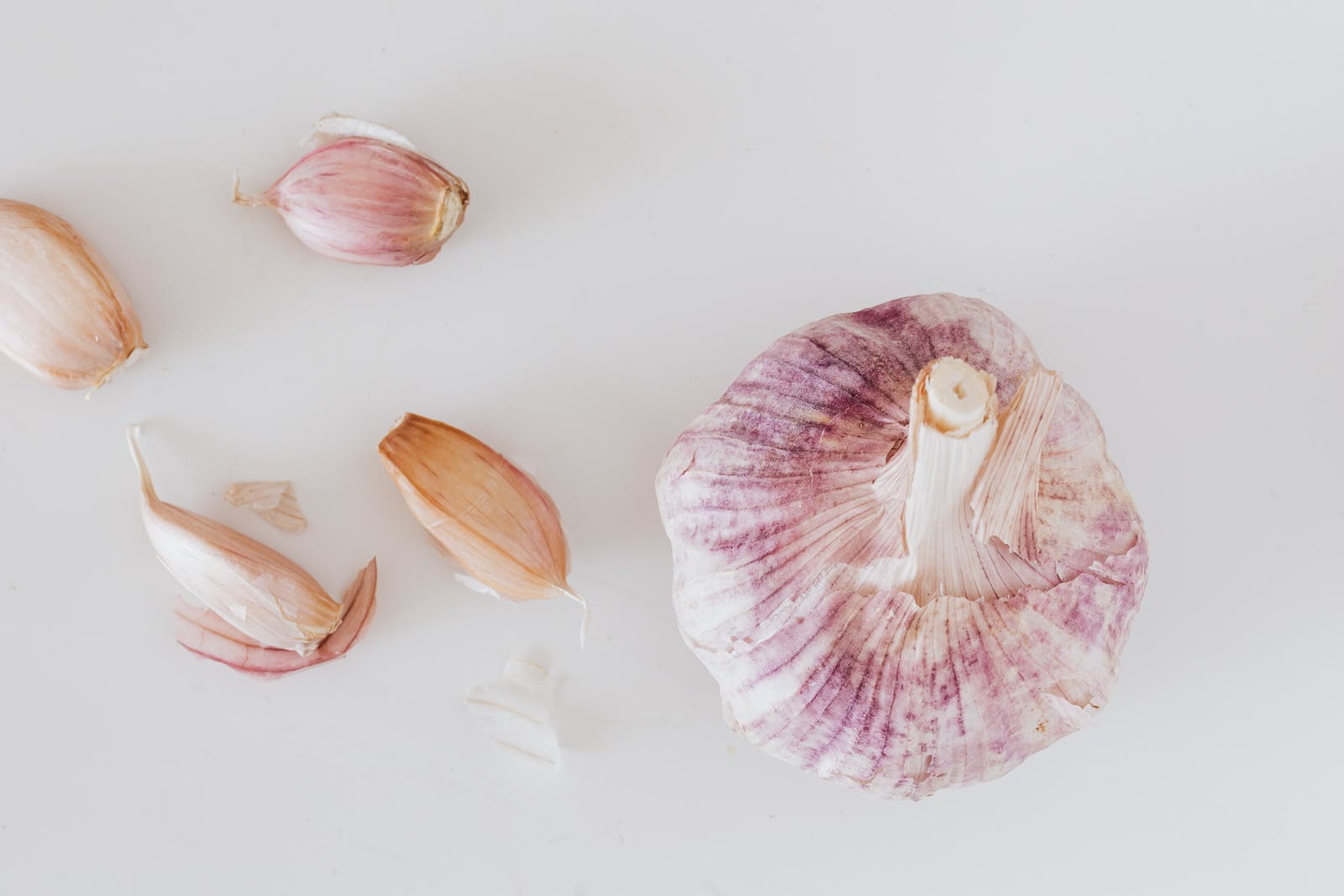
10 Essential Edible Plants for Your Kitchen: A Complete Guide
Introduction to Kitchen Gardening
Kitchen gardening is not only a fantastic way to add freshness and flavor to your meals but also an opportunity to explore your green thumb. By growing your own edible plants, you gain a sense of pride and satisfaction that goes beyond the simple act of cooking. In this guide, we will walk you through the benefits of kitchen gardening and the essential steps to set up and maintain a successful kitchen garden.
Understanding the Benefits of Kitchen Gardening
- Enhancing Food Security and Self-Sufficiency
- In a world where food availability can sometimes be uncertain, having your own kitchen garden ensures a constant supply of fresh food.
- By growing your own edible plants, you reduce your reliance on external sources and become more self-sufficient.
- Promoting Healthy Eating and Nutrition
- Kitchen gardening provides you with access to organic and pesticide-free produce, ensuring that you and your family consume nutritious food.
- Incorporating fresh fruits, vegetables, and herbs into your daily meals can significantly improve your overall health and well-being.
- Creating a Sustainable and Eco-Friendly Lifestyle
- When you grow your own edible plants, you reduce the carbon footprint associated with transporting produce from faraway places.
- Kitchen gardening allows you to minimize food waste by harvesting only what you need, leading to a more sustainable lifestyle.
Setting Up Your Kitchen Garden

Before diving into the world of edible plants, it’s essential to create the perfect environment for them to thrive. Here are the key steps to setting up a successful kitchen garden.
Selecting the Ideal Location
It’s important to pick the ideal spot for your kitchen garden. Ensure that the area receives ample sunlight for at least 6-8 hours a day. If you have limited space, consider utilizing a balcony, patio, or even a sunny windowsill.
Choosing the Right Containers or Raised Beds
If you don’t have access to a traditional garden space, don’t worry! You can still grow your own edible plants by utilizing containers or raised beds. Containers are a great option for small spaces, while raised beds offer more room and better drainage.
Preparing the Soil for Planting
Before planting your edible plants, it’s important to prepare the soil properly. Remove any weeds, pebbles, or rubbish from the area. Mix in organic compost or well-rotted manure to improve the soil’s fertility. Make sure the soil drains properly to avoid soggy roots.
Top Considerations for Successful Kitchen Gardening

To ensure the success of your kitchen garden, keep these critical factors in mind:
Adequate Sunlight and Temperature Requirements
Most edible plants need plenty of sunlight to thrive. Make sure they receive the appropriate amount of light and are protected from extreme temperatures by providing shade during scorching summer days or covering them during frosty nights.
Proper Watering and Drainage Techniques
Consistent watering is essential for plants to reach their full potential. However, be mindful not to overwater or underwater them. The key is to keep the soil slightly moist but not waterlogged. Additionally, ensure that your containers or raised beds have proper drainage to prevent root rot.
Implementing Organic Pest Control Methods
To protect your edible plants from pests, opt for organic pest control methods. Avoid harsh chemicals that can harm beneficial insects and pollinators. Use natural remedies like neem oil, companion planting, or homemade insecticidal soaps to keep your plants pest-free.
Choosing the Perfect Edible Plants for Your Kitchen Garden

Now that you have set up your kitchen garden, it’s time to choose the perfect edible plants to cultivate. Below are some top suggestions for each category:
Herbs: Adding Flavor and Practicality to Your Kitchen Garden
- Basil: An Aromatic Staple for Culinary Delights
- Basil is a versatile herb with a distinct aroma and flavor that complements a variety of dishes, such as pasta, salads, and sauces.
- Grow different basil varieties like sweet basil, Thai basil, or purple basil to add an extra punch of freshness to your meals.
- Mint: Versatile Herb for Refreshing Beverages and Culinary Applications
- Mint is a go-to herb for refreshing beverages like mojitos, teas, and lemonades.
- Its cooling flavor also pairs well with various culinary creations, from salads to desserts.
- Rosemary: Fragrant Herb with Medicinal and Culinary Uses
- Rosemary’s distinct aroma and taste make it a popular choice for roasted meats, stews, and marinades.
- It is also believed to have medicinal properties and can aid in digestion and boost memory.
Leafy Greens: Nutrient-Rich Essentials for Everyday Consumption
- Spinach: A Powerhouse of Vitamins and Minerals
- Spinach is power house of nutrients like iron, calcium, and vitamins A and C.
- Use spinach as a base for salads, add it to smoothies, or sauté it as a side dish.
- Lettuce: Versatile and Easy-to-Grow Salad Ingredient
- Lettuce varieties like romaine, butterhead, or mesclun mix offer options for different tastes and textures.
- Harvest fresh leaves for salads, sandwiches, or wraps.
- Kale: Superfood Packed with Antioxidants and Fiber
- Leafy greens high in nutrients, like kale, are great in salads, smoothies, or sautéed as a side dish.
- It is known for its high concentration of antioxidants and fiber, making it a popular choice for health-conscious individuals.

Wrapping Note:
Stay tuned for the next part of this article, where we will explore the remaining categories of edible plants for your kitchen garden and discuss the essential aspects of caring for your plants to ensure a bountiful harvest. Remember, with a little effort and a lot of love, your kitchen garden will flourish, providing you with endless culinary possibilities. Keep on growing!





